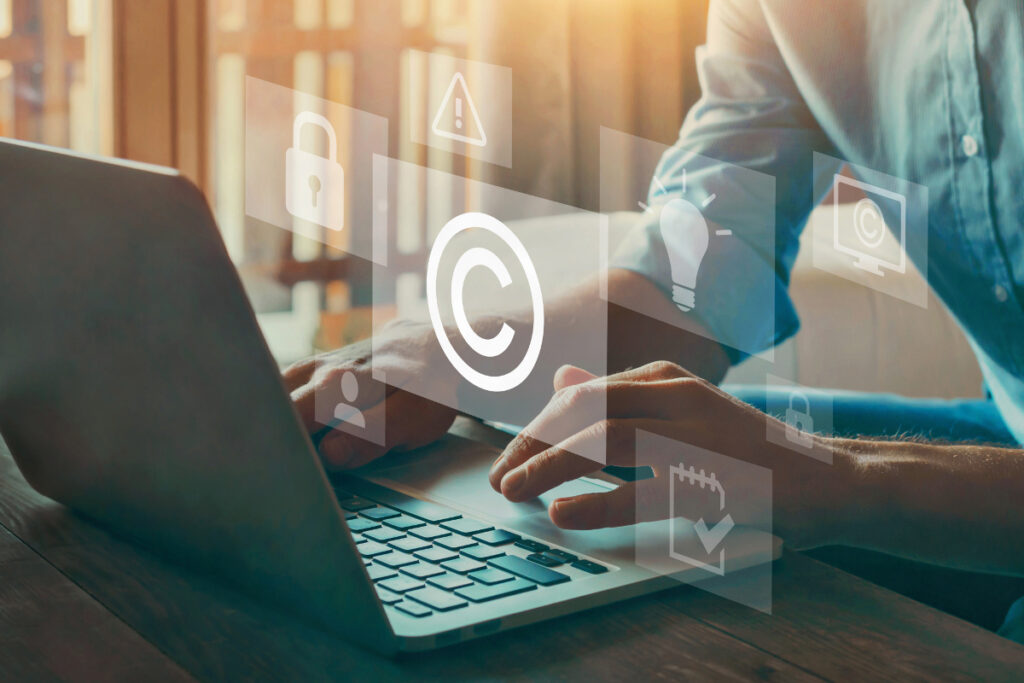On February 28, the Copyright Claims Board (CCB) decided in favor of photographer David Oppenheimer, who had sued Douglas Prutton, a lawyer, who used a photo of his without permission. This was the first case and ruling for the CCB.
History of the Copyright Claims Board
The CCB, created in 2021, gives photographers a way to bring small copyright infringement claims to a court without hiring costly copyright attorneys who typically avoid cases with low values and small payouts.
Facts of This Copyright Infringement Lawsuit
Prutton did not deny using Oppenheimer’s image but said that his daughter built his website and used the photographer’s work. Oppenheimer had demanded $30,000 in payment, while Prutton counteroffered $500. The lawsuit was originally filed in federal court, but the parties agreed to shift it to the CCB in April 2022.
Fair Use and Unclean Hands
Prutton claimed fair use and invoked the unclean hands argument, which is a defense that alleges deceit, fraud, bad faith or unconscionability, and bars relief to the party based on that. Prutton argued that since the photographer had not previously licensed the image, using it without permission did not affect the potential marketing of the photograph. This is a common fair-use argument. He also claimed that the plaintiff is a “serial litigant” and acted unethically.
The Court’s Copyright Ruling
The three-judge CCB panel ruled strongly in favor of the photographer, stating that the lawyer had used the creative work on his commercial website—and in its entirety. They also found that the photo was still potentially marketable. As for the unclean hands doctrine, the CCB dismissed that argument, maintaining that even if an individual has frequently pursued litigation, that does not qualify for this defense.
The Decision to Award Damages
Statutory damages that could be awarded in this case ranged from $750 to $15,000. Since Oppenheimer had not proven damage to his business, the board kept the payment toward the lower end of the scale. Two of the judges awarded the plaintiff $1,000, while the third chose $750.
Reactions from Legal Experts
Those against the CCB claim that this could encourage copyright holders to file lawsuits without merit. However, as a legal expert points out, the decision was proof that the CCB can decide cases fairly, and can handle smaller lawsuits that aren’t especially lucrative, which is important for artists that can’t afford costly federal litigation. The CCB may be a way for creators of all sizes to enforce their intellectual property rights.

